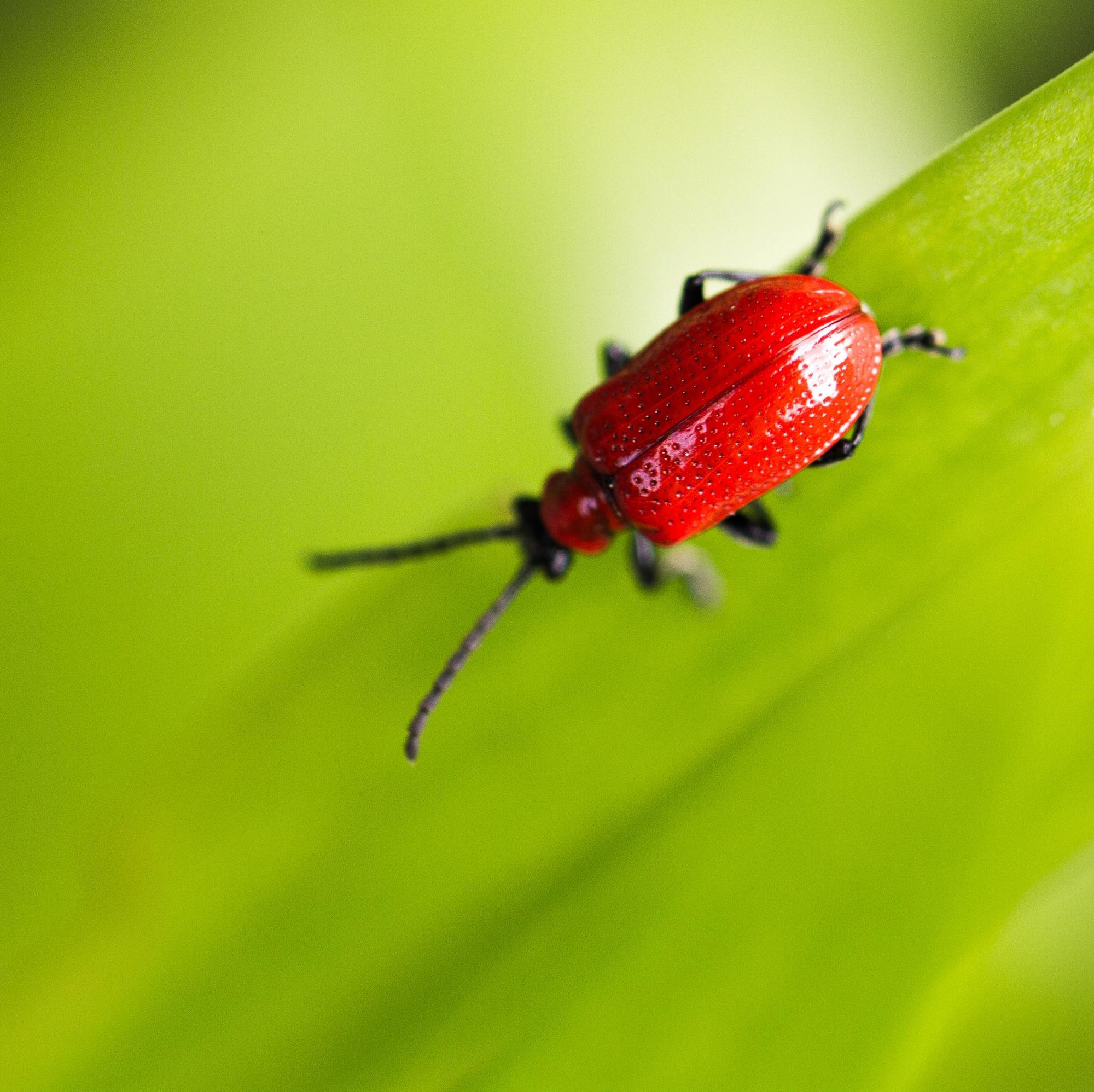Insects & Classification
Explore the wonderful world of insects in this workshop, which looks at types of insects, how we classify living things and how we sample them in the field.
Curriculum Topics: Classification, Living Things

Explore the wonderful world of insects in this workshop, which looks at types of insects, how we classify living things and how we sample them in the field.
What will be covered:
- the Linnean classification system,
- sampling plants and insects in the field using quadrats,
- using keys to identify insects,
- making scientific drawings of insects.
The goals of the Insects and Classification workshop are to allow students:
- to practice counting and sampling plants and insects in the field,
- to develop skills in recording, presenting and analysing data,
- to learn and practice making scientific drawings of insect specimens.
Curriculum Links:
- Recognise that living things can be grouped in a variety of ways.
- Explore and use classification keys to help group, identify and name a variety of living things in their local and wider environment.
- Describe how living things are classified into broad groups according to common observable characteristics and based on similarities and differences, including microorganisms, plants and animals.
- Give reasons for classifying plants and animals based on specific characteristics.
- Making systematic and careful observations and, where appropriate, taking accurate measurements using standard units, using a range of equipment, including thermometers and data loggers.
- Gathering, recording, classifying and presenting data in a variety of ways to help in answering questions.
- Recording findings using simple scientific language, drawings, labelled diagrams, keys, bar charts, and tables.
We offer a range of workshops that will support your Primary Science curriculum. Each topic is a short 45 to 90 minutes which can be fitted around your timetable within different year groups.
Each session is a minimum of 1.5 hours, we can be flexible in providing back-to-back sessions across the school day delivering to different class groups. This could allow 2-3 class groups to take part in a full day delivery.




